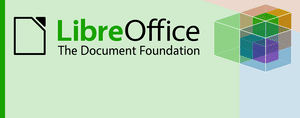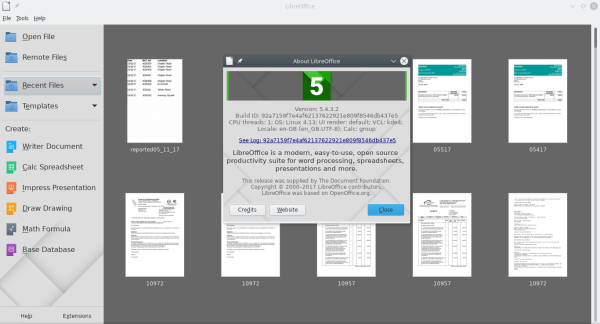Public money, public code – new FSFE brochure
Let’s start with a trio of questions.
1. Why should governments develop free software*?
2. Where is free software already generating benefits in the public sector?
3. What are free software business models?
Answers to the above questions and practical guidelines are given in the new expert policy brochure published today by the Free Software Foundation Europe.
Entitled “Public Money Public Code – Modernising Public Infrastructure with Free Software“, the brochure aims to answer decision-takers’ questions about the benefits of using and developing free software for public sector organisations.
To help understand the important role that public sector procurement plays in this, the brochure presents an overview of EU free software projects and policies, uncovering legislation on software procurement.
The FSFE will use this brochure in the forthcoming European Parliament elections to inform potential MEPs how to speed up the distribution and development of free software in the public sector and putting appropriate legislation in place.
Download the brochure (PDF).

The brochure evaluates the modernisation of public infrastructure by using free software from the perspectives of academia, law, business and government. Expert articles, reports and interviews help readers to understand the opportunities for free software in the public sector. Practical guidance is provided for decision-makers to move forward and start modernising public infrastructure with free software.
FSFE President Matthias Kirschner states: “Free software licences have proven to generate tremendous benefits for the public sector. This is not a trend that will pass, but rather a long-term development that is based on very positive experiences and strategic considerations resulting from serious vendor lock-in cases in the past. In a few years, free software licences could become the default setting for publicly-financed IT projects. The Free Software Foundation Europe watches these developments very carefully and we want to contribute our knowledge to support the public sector in this transition.”
Initial steps for making free software licenses the default in publicly-financed IT projects are outlined in the brochure. Other topics include competition and potential vendor lock-in, security, democracy, “smart cities” and other important contemporary topics. The language and examples used have been specifically chosen for readers interested in politics and public administrations.
The brochure features leading experts from various ICT areas. Amongst others, these include Francesca Bria, Chief of Technology and Digital Innovation Officer (CTIO) for the Barcelona City Council, Prof. Dr. Simon Schlauri, author of a detailed legal analysis on the benefits of free software for the Swiss canton of Bern, Cedric Thomas, CEO of OW2, Matthias Stürmer, head of the Research Center for Digital Sustainability at the University of Bern and Basanta Thapa from the Competence Center for Public IT (ÖFIT) within the Fraunhofer Institute for Open Communication Systems.
The brochure is available in both digital and printed formats, and is published under a CC BY-SA 4.0 licence and I’ll be sending a copy of the PDF to my MP for her information.
* = In this context the definition of free software is free as in freedom, not beer.


 Within the scope of its own cloud computing environment, the German Federal administration has opted for
Within the scope of its own cloud computing environment, the German Federal administration has opted for 



 Today The Document Foundation (TDF)
Today The Document Foundation (TDF) 
